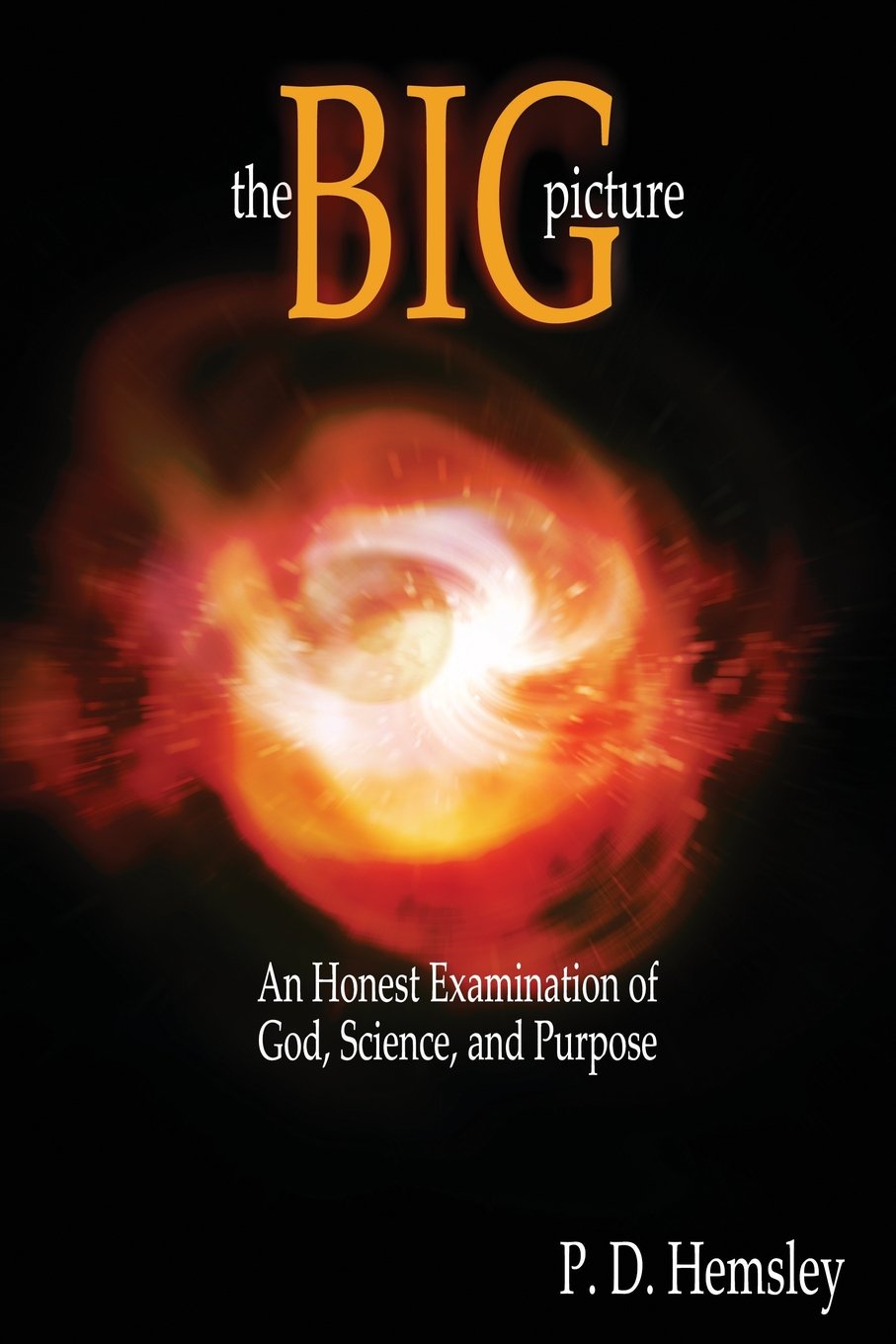by P. D. Hemsley
★★★★
Hemsley is an atheist who decided to “give God a chance,” becoming what he terms a “minimalist Christian.” He holds a healthy respect for the accomplishments of science in determining the age and workings of the universe, and the progression of evolution. He also appreciates the mysteries that still baffle us, such as consciousness, quantum entanglement, life’s origins, our seemingly intelligent cells, near-death experiences, cosmological constants … and the bewildering speed at which evolution has transpired. Something funky is going on here, something unexplainable influencing things … let’s call it God.
So this book is a journey of logic and exploration. God, concludes Hemsley, is what we call the Laws of Physics. Following Anselm’s lead, God is also Supreme Goodness. And through a discussion of free will, God is shown to be a purposeful creator, some form of individual. It’s complicated, right?
There is a lot of information in this book, so not everything can be covered in detail. “An honest examination of God, science, and purpose” may have been a little too ambitious. I don’t think there’s very much that I really disagree with in Hemsley’s book, I just found the arguments to be too compact to convince anyone still sitting on the fence. Therefore, the book is probably better appreciated as a diary of Hemsley’s own reasoned journey to faith.
For example, Hemsley brings Anselm of Canterbury’s proof for the existence of God from Supreme Goodness (dating to the 11th century) up-to-date with today’s scientific understanding, but does so with only a couple pages, leaving so many assumptions that it proves unconvincing. Our “creator” is assumed to be [1] an intelligent designer (it is irrational to imagine that we have free will, but that our creator does not), [2] eternal (because he is outside our own universe of space and time), and [3] active still today (because our physical laws need maintaining). I find all three arguments unsatisfying.
The discussion of the historicity and identification of Jesus, and the authenticity of the Bible, is another place I felt unconvinced. Hensley holds an odd combination of conservative and liberal beliefs, which seems to match his description of being a “minimalist Christian.” He attributes all of the Pauline epistles, even the pastoral letters, to Paul. But most of the rest of the New Testament he dates to after the war of 70 AD, yet still assigns traditional apostolic authorship to its books. So I couldn’t quite figure out his logic in mixing liberal scholarship with conservative tradition.
Sections that I did really enjoy include Hensley’s discussions of biological sciences, life’s purpose, and free will. I found the book to be a fun read giving me much to think about.
eLectio Publishing, © 2014, 253 pages
ISBN: 978-0615903651

